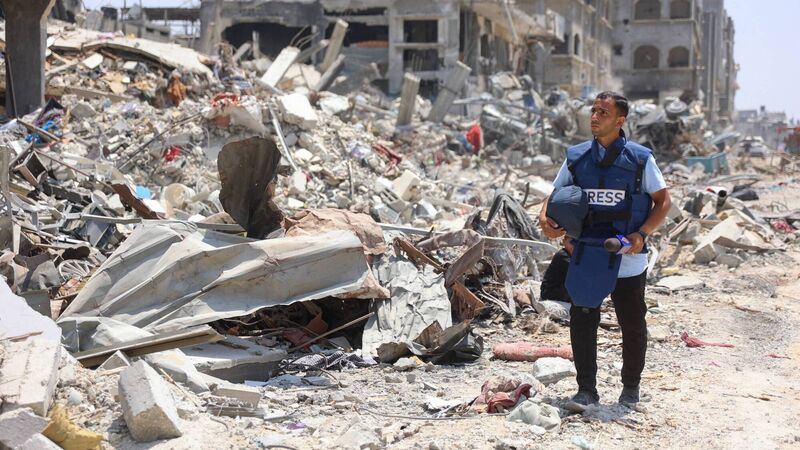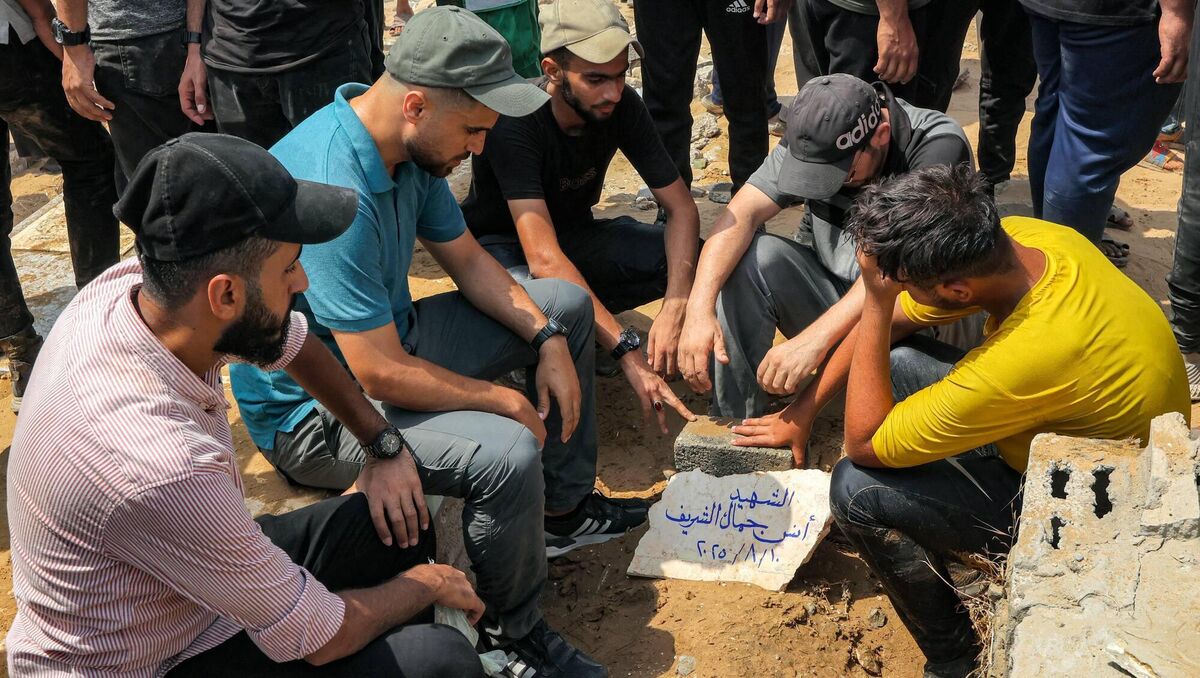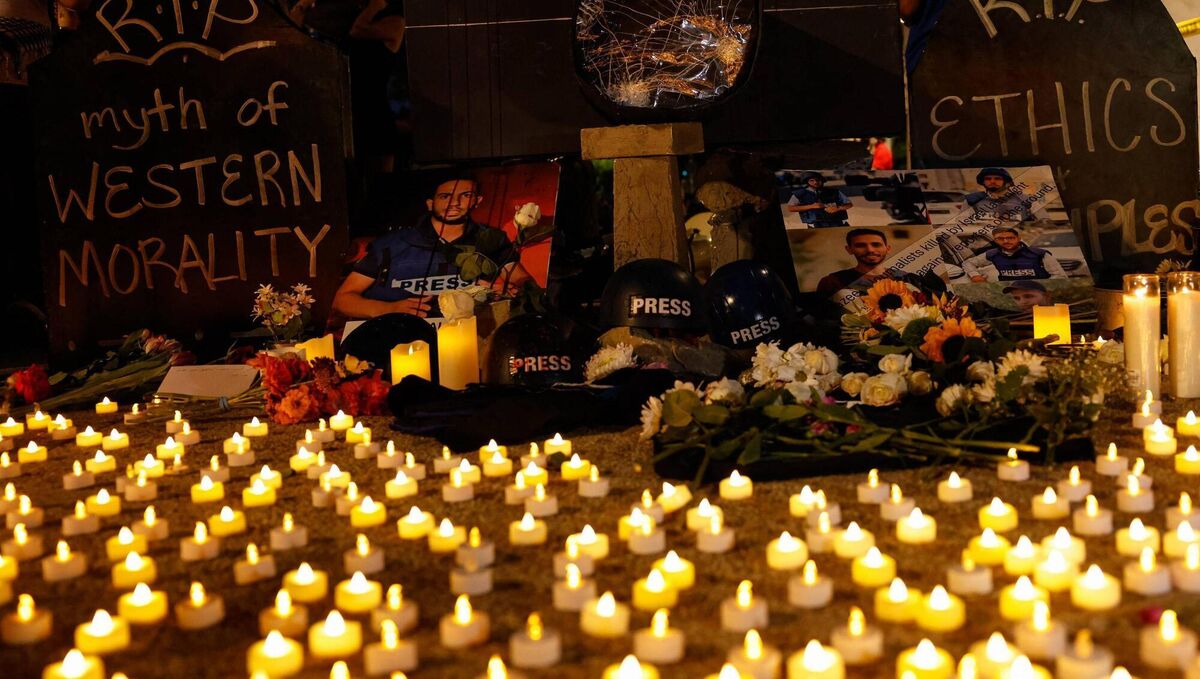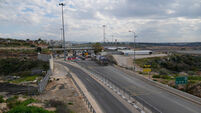Barry Malone: When Israel decides to silence the 'voice' of Palestinians

Al-Jazeera correspondent Anas al-Sharif, who was killed alongside other journalists in an Israeli strike on their tent in Gaza City on August 10. Picture: AFP via Getty Images
Anas al-Sharif was a born storyteller with an innate sense of the dramatic. I’ll never forget watching him live on air from Gaza just after a ceasefire, which wasn’t to last, was announced in January 2024 after more than a year of relentless horror.

But the killing of Anas, alongside his colleagues Mohammed Qreiqeh, Ibrahim Zaher, and Mohammed Noufal, shouldn’t have been a shock at all.

So why now? Many observers believe the answer is clear. Israel’s cabinet last week approved prime minister Benjamin Netanyahu’s plan for a full military occupation of Gaza City. And just two days later, Anas and the Al Jazeera crew — the most prominent witnesses left in the city, the only people with the ability to broadcast to the entire world what is about to happen — were executed.
There was a mask-drop moment on BBC this week when an anchor seemed confused that Al Jazeera used what she called “local people” to report from Gaza.

The evening of that ceasefire announcement, after Anas removed his flak jacket and helmet, he paid tribute to colleagues who had already been killed by Israel: Ismail Al-Ghoul, Rami Al-Rifi, Samir Abu Daqqa, and Hamza Dahdouh. Al-Ghoul, he said, would have been standing in his place reporting this historic moment had he lived.
- Barry Malone is an independent journalist and former Al Jazeera executive producer. He writes ‘Proximities’, a newsletter focused on under-reported stories.













